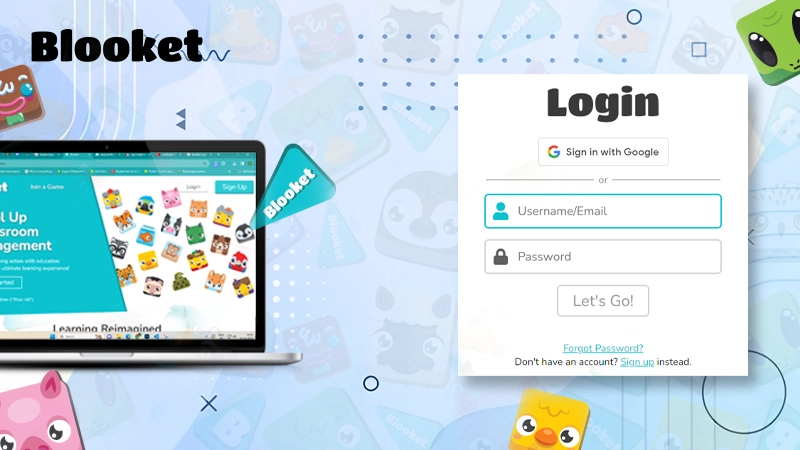Online Interior Design Courses: A Sustainable Choice for Students in Germany
Germany’s role in 3D visualization in interior design extends beyond its historical and architectural significance.
The country is renowned for its meticulous attention to detail and precision engineering, qualities that have left an indelible mark on the design industry.
German craftsmanship, characterized by a commitment to excellence, has been seamlessly integrated into the world of interiors.
From precise measurements of furniture to high-quality materials, learners in Germany are exposed to a culture that values craftsmanship. This forms a significant foundation for their artistic education.
This article explores how online interior design courses in Germany align with these values and cater to the needs of students.
Embracing Sustainability in Education
Environmental Impact
One of the key advantages of virtual interior design courses is their eco-friendliness.
By eliminating the need for learners to commute to physical classrooms, these courses significantly reduce carbon emissions and environmental footprints.
Germany, a nation renowned for its commitment to sustainability, finds these online options aligned with its values of environmental conservation.
Resource Efficiency
Online courses also promote resource efficiency for detailed reports and varied information.
Traditional classrooms require physical infrastructure, textbooks, and other materials that contribute to resource depletion.
In contrast, online interior architect courses make use of digital resources, reducing paper consumption and minimizing waste.
THINGS TO CONSIDER
The academic eligibility for interior designing courses in Germany includes a high school diploma certificate with transcript, English language test certificate, and German language proficiency.
Flexibility and Convenience
Balancing Work and Study
For many trainees, managing work alongside education is a necessity. Multitasking is the need of the hour for every learner, especially for those who are pursuing vocational courses.
Online interior design studies offer the flexibility to tailor their learning schedule to their professional commitments, enabling them to earn while they learn.
Geographical Freedom
Germany’s diverse landscapes and cities can make commuting to a physical campus a challenge for some students.
Online courses break geographical barriers, allowing individuals from all corners of the country to access high-quality interior decorator education without relocating.
Self-Paced Learning
Interior design education offered virtually is a better learning option, giving learners the autonomy to progress through the material at their own speed.
This self-paced approach can be especially valuable for those who learn best through individualized study.
Diverse Learning Resources
Multimedia Content
In Germany, a nation known for its appreciation of art and architecture, virtual interior design certification programs often provide multimedia-rich content.
Trainees can engage with videos, virtual tours, and interactive modules that enhance their understanding of decor principles and techniques. Moreover, you can also follow content creators for home renovation ideas as there are multiple creators who provide amazing videos and details about home decor.
Access to Global Expertise
The European country has a strong decor heritage, but online courses open doors to a global network of experts.
Students can learn from renowned interior decorators from around the world, gaining diverse perspectives and insights.
Cost-Effective Learning
Reduced Tuition and Travel Costs
Interior design programs that are taught online tend to be more cost-effective than traditional in-person programs.
Trainees save on commuting expenses, accommodation, and sometimes even tuition fees, making quality education more accessible.
Affordable Learning Materials
Digital course materials are often more affordable than physical textbooks making them accessible and portable.
This affordability aligns with Germany’s commitment to providing accessible education for all.
Take a look at the market size of the interior design industry from 2017 to 2027. It shows a marked growth in the coming years, therefore, the demand for qualified interior decorators will increase as well.

Practical Experience and Networking
Real-World Projects
Interior design curriculums that are available virtually integrate real-world projects, allowing learners to gain practical experience.
This hands-on approach prepares them for the competitive job market in the decor industry.
With the integration of advanced technology, the decor field is transforming rapidly. The updated courses expose students to automation and AI tools helping them stay ahead of their competitors.
Networking Opportunities
The European country’s decor industry thrives on connections and collaborations bringing students, teachers, and well-known industry leaders to inspire each other.
Online courses facilitate networking through virtual forums, webinars, and group projects, helping trainees build a professional network within the design community.
Accreditation and Certification
Recognized Qualifications
Most online interior design curriculums are accredited and recognized by employers and industry associations.
This ensures that graduates hold qualifications that are respected in the job market.
Overcoming Challenges
Technology and Support
While online learning offers numerous benefits, it also presents challenges like network reliability and online security issues.
To address this, institutions offering online interior design certifications provide technical support, ensuring that mentees can navigate digital platforms with ease.
Time Management
Balancing online education with other responsibilities requires effective time management.
Germany’s emphasis on discipline and organization can be applied to create successful online learning routines.
Promoting Inclusivity and Accessibility
Virtual interior design courses contribute to promoting inclusivity and accessibility in education. They break down barriers that may hinder certain individuals from pursuing their passion for decor.
People with physical disabilities, for example, may find it challenging to attend traditional in-person classes, but online courses provide a more accessible learning environment.
Evolving Pedagogy and Technological Advancements
Online interior design courses are not static but continually evolve to embrace the latest pedagogical techniques and technological advancements.
In a country known for its emphasis on innovation and education, these courses integrate cutting-edge technologies such as virtual reality (VR) and augmented reality (AR) into their curricula.
By doing so, trainees gain practical experience with tools that are constantly relevant in the interior decorator industry.
Online interior design courses in Germany are undeniably a sustainable choice for learners, aligning with the nation’s values of environmental responsibility and efficiency.
They offer flexibility, cost-effectiveness, and access to a wealth of resources, making them a practical choice for those seeking to pursue a career in interior decor.
As technology continues to reshape education, students can confidently embrace the online learning revolution while maintaining their commitment to quality and sustainability.
Blooket Login: Ultimate Guide to Login and Gameplay
10 Fastest Growing Tech Jobs in 2024
Justice: How Technology Transforms Asbestos Lawsuits
5 Quick Steps to Start Your Digital Banking…
Private Tutor vs Teacher: What’s the Difference?
Challenges and Opportunities in Implementing 5G Technology in…
Top 10 Common Essay Writing Mistakes and How…
E-Learning Trends to Watch in the Coming Years
Incorporating Research into Your Essays: A Guide to…
The College Student’s Guide to Coping with Stressors
4 Mistakes to Avoid When Starting a Private…












